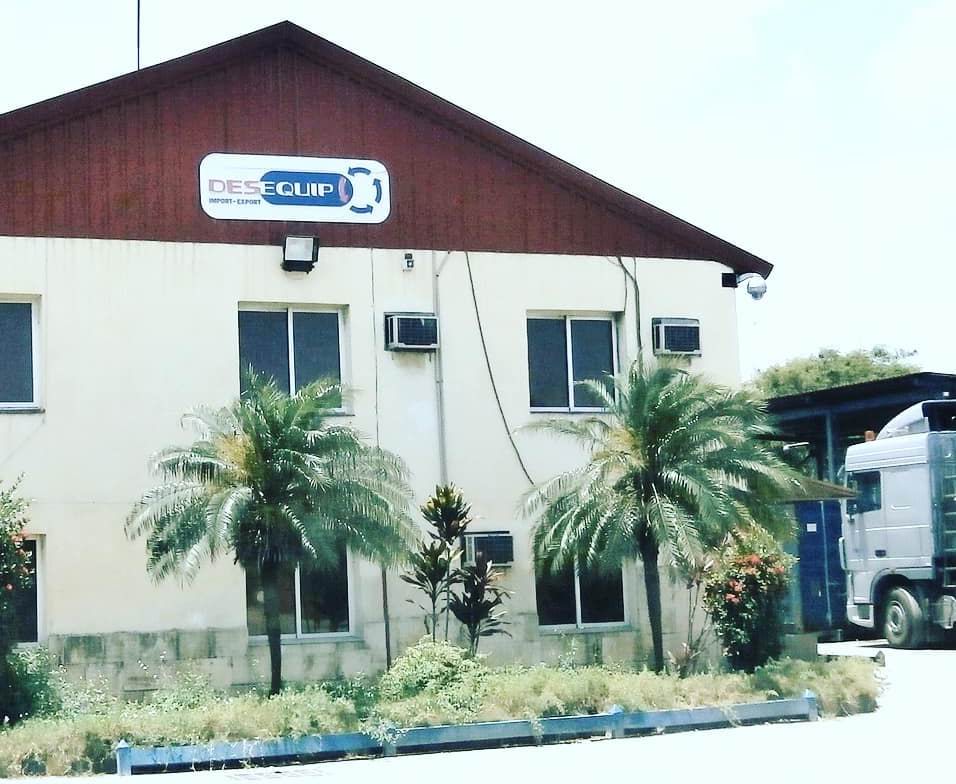Cuba: The foreign trade operations of the Desequip Recycling Company (GER by its Spanish initials) have been affected by the impact of the US blockade of Cuba, Radio Rebelde publishes.
Since April of last year, sales of national productions to the northern country have been canceled. Such reasons oblige them to reorient themselves towards other markets such as Asia and Europe, mainly.
Yeny Rodríguez Contreras, Human Capital Director of the Desequip Marketing Company, belonging to the business group, explained that the 74 restrictions imposed by the blockade, regarding the possibility of exporting to the United States, prevent 100% of their products and thus commercialize them at a better price, representing lost income of approximately 5% for quality and freight.
“Last year, more than 13 thousand tons of ferrous, non-ferrous and non-metallic products were exported through intermediary trading companies and mostly from Europe, obtaining revenues of about 22 million US dollars. It was conservatively estimated that a little more than half a million dollars have not been entered for this concept, than if said exports had been in North American territory”.
The restriction of not being able to use the US dollar as payment currency, forces them to operate in Euros or other currencies, this has repercussions in associated expenses for the exchange of these with an allocation of 206 thousand dollars, in addition to resorting to a reduced group of Specific financial banks that charge commissions for the current exchange rate.
“In July 2020, a foreign company to which we exported scrap metal notified us that its bank canceled the operation because it was unable to carry out financial transactions with Cuba. This meant that the merchandise had to be removed from the port and sought to position it in another market”, the Desequip executive exemplified.
Today Cuba sells its productions under FOB conditions, where the freight is borne by the client and the risks of loss or damage to the merchandise are transferred, thus causing the cost of negotiating freight to rise.
Faced with this and other effects of the blockade, Desiquip seeks emergency alternatives in order to receive income from exports.
The Commercial Director of the exporting entity, Francisco Otaño stressed that in 2021 there are clients who have been in need of looking for other financial alternatives so that the company can receive income from exports.
“There are shipping companies that have withdrawn in recent years and others that do not go to certain places, hence the need to look for new variants,” he also mentioned the collection of billing with a period of up to twenty days and thus guarantee the collection of income in the midst of this complex context.
The company’s import plan is focused on the acquisition of vessels destined for scrapping and dismantling, however, sometimes prices become more expensive by limiting access to certain markets with more advantageous offers for Cuba, according to the level of deterioration of the vessel.
Faced with this reality, Otaño explained that the issue of financing has brought them many setbacks. “Sometimes we have not been able to open letters of credit because certain banks do not trade with Cuba and worse, sometimes we have stopped importing.”
The recycling industry is working today to mitigate the effects of the North American blockade, strengthen the management of the Socialist State Enterprise to gain efficiency, continue its commitment to recovering values and prioritize the use of the potential of solid urban waste.





